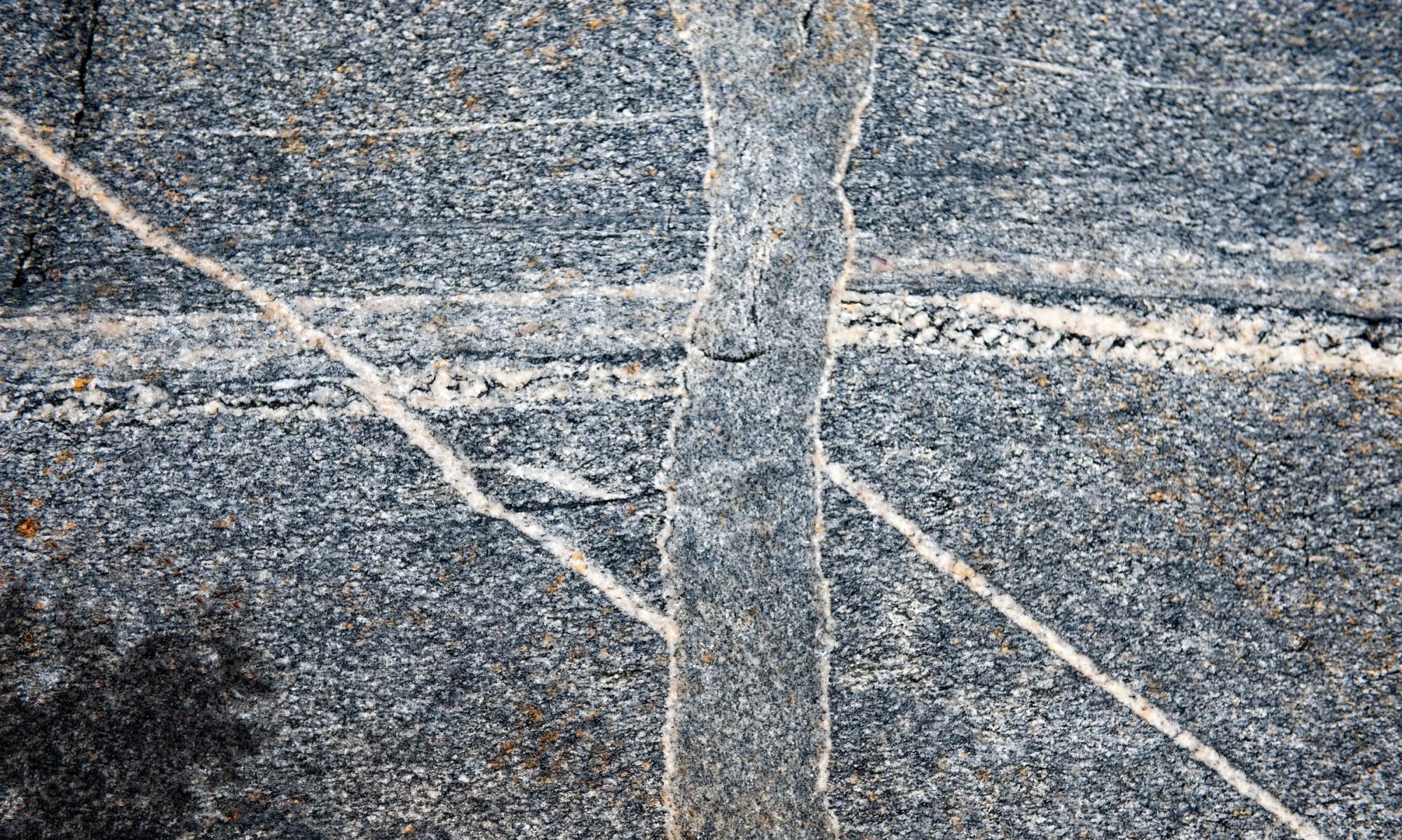6th Oct 2020
Presidential address : Alan Boyle
Peak Minerals
The Earth’s mineral resources are finite, and dwindling. The concept of “Peak Minerals” provides a framework for understanding the economic, social and environmental trajectories of particular mining industries whereby ever increasing production leads to extraction of the higher grade and more easily mined resources leaving ever lower grade, less easily mined (more expensive) resources behind. In such a scenario, for a given material in a given area (e.g. country, continent, planet) production may peak and subsequently decline as grade of the resource decreases and exploitation costs increase. This lecture will discuss the metals gold, lithium and copper, and the non-metal phosphorus in terms of when peak production may occur and the factors that may bring forward or push back peak – and the potential consequences for our species.
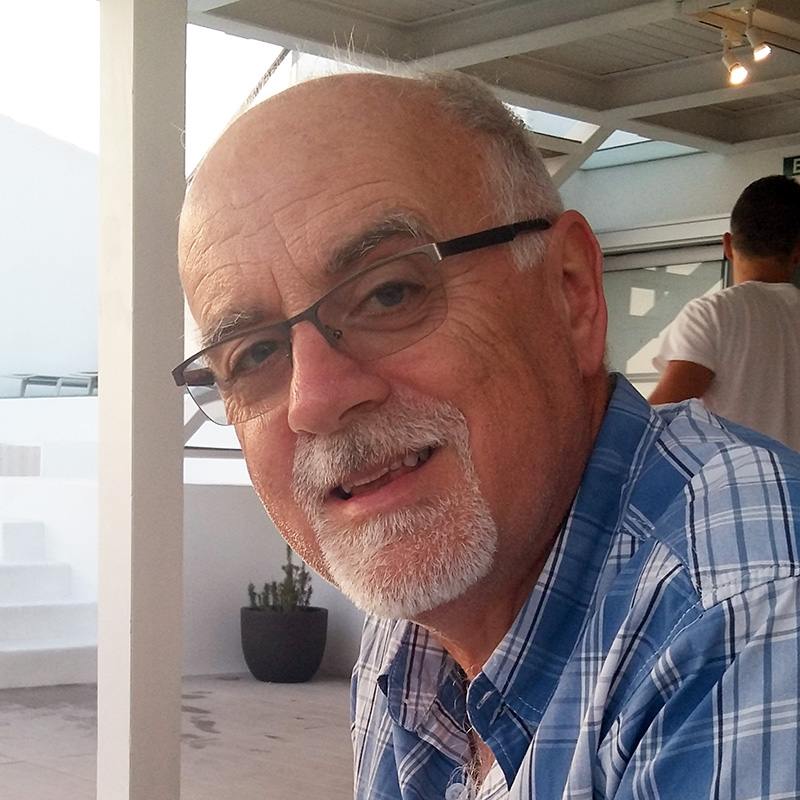
13 Oct 2020
Dr. Chris Hunt:The Environmental Geology of Prehistoric Malta
The first European civilisation arose in the Maltese Islands and lasted for more than 2000 years. How, on these arid, rocky, restricted islands, with few natural resources, did they do it – and why, eventually, did it fail? Coastal plain sequences, ancient soils and geophysics provide the evidence for how the Maltese Temple culture was born, flourished, and eventually perished.
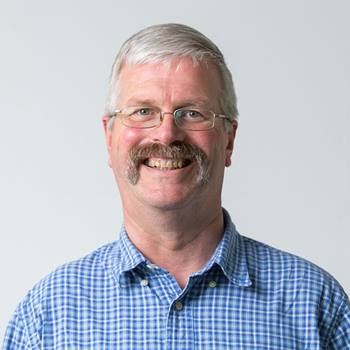
27th Oct Dr David McNamara, University of Liverpool. :
Geothermal Geology: Teaching a New Dog Old Tricks
Dr David McNamara is a former PhD graduate of the University of Liverpool who has since built an industry and research career in the internationally growing geothermal sector. David spent over seven years working for New Zealand’s Crown Research Institute ‘GNS Science’ where he worked to adapt oil and gas techniques to geothermal application. David’s work centres on understanding the flow of geothermal fluids which includes characterising structural networks, and understanding the nucleation and growth of scaling minerals in geothermal reservoirs in New Zealand, USA, Nicaragua, Indonesia, Ireland, Uganda, Iceland and now the UK. David is now back in Liverpool as a Lecturer in the School of Earth, Ocean and Ecological Sciences.
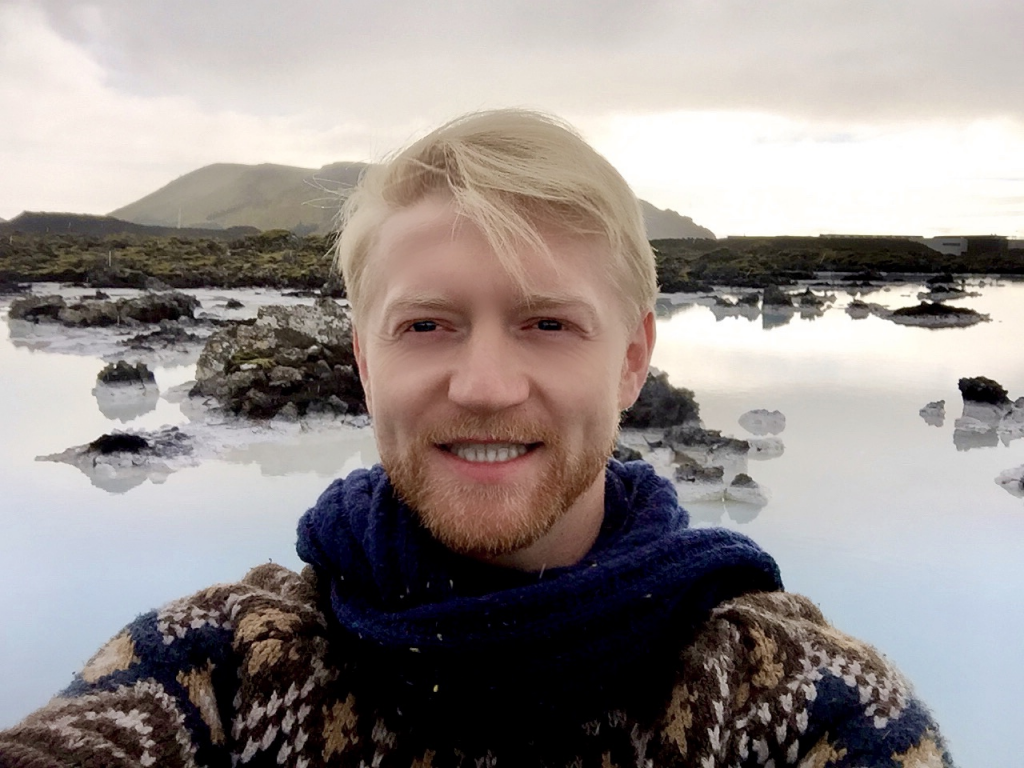
3rd Nov Prof Cynthia Burek, Chester University:
Lanzarote: A Geoconservation & geotourism perspective
Lanzarote is a unique island recognised by UNESCO as a global Geopark and Global Biosphere. This talk will introduce the geology but also look at the contribution of one man to the geoconservation of the island and his effect on geotourism.
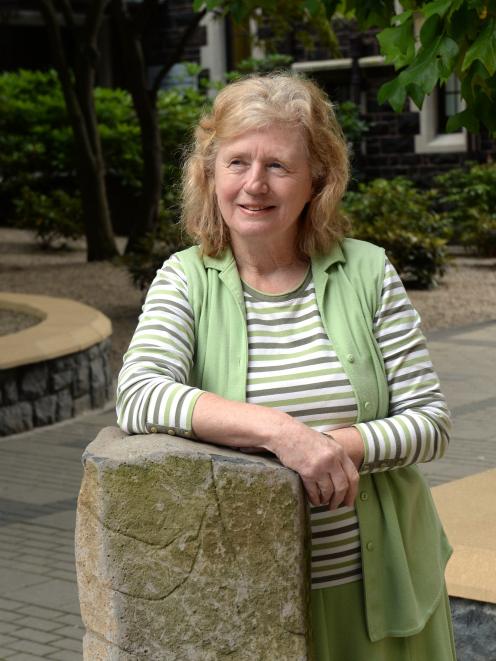
19th Jan Dr.James Lea, University of Liverpool:
Now you see them, now you don’t: Greenland’s vanishing meltwater lakes
Dr James Lea (University of Liverpool) talked about recent advances in mapping and understanding the behaviour of the thousands of meltwater lakes that form on the Greenland Ice Sheet every summer, identifying instances of their rapid drainage through fractured ice and what this means for the ice sheet.
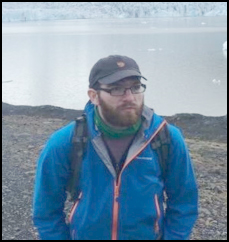
26th Jan Dr. David McClay, University of Edinburgh:
David McClay, Philanthropy Manager, Library and University Collections at the University of Edinburgh and colleagues, will present an illustrated update on their Charles Lyell collections and access plans. Having built an unrivalled archive, including his fascinating notebooks, the focus now is on transforming the collection into a free online resource through the Creating Charles Lyell’s World Online project.
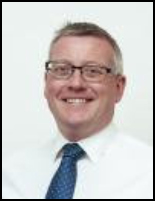
9th Feb Dr. Steve Barrett, University of Liverpool: ‘The ABC of Stellar Evolution’
What are the origins of all the elements on Earth? This talk is a look at the birth, life and death of stars. What are the three critical factors (the ABC) that determine why stars are the way they are, why they evolve the way they do, and the origins of all the elements?
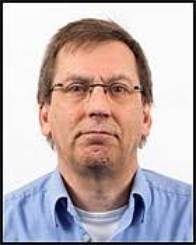
23rd Feb Dr. Christian Baars, National Museums, Liverpool:
“Dr Christian Baars, Head of Collections Care at National Museums Liverpool, will outline why caring for geological collections is neither as simple nor straightforward as sometimes perceived. Several hundred mineral species are vulnerable to the effects of moisture, temperature, air pollutants, and light. Some species undergo significant changes when exposed to minor deviations from their stability limits, the most prominent one of which is perhaps pyrite. A current research project is trying to shed a new light on these challenges, and attempt to update guidance for the care of geological collections.”
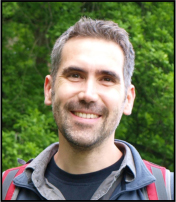

2nd March
Virtual fieldtrips

